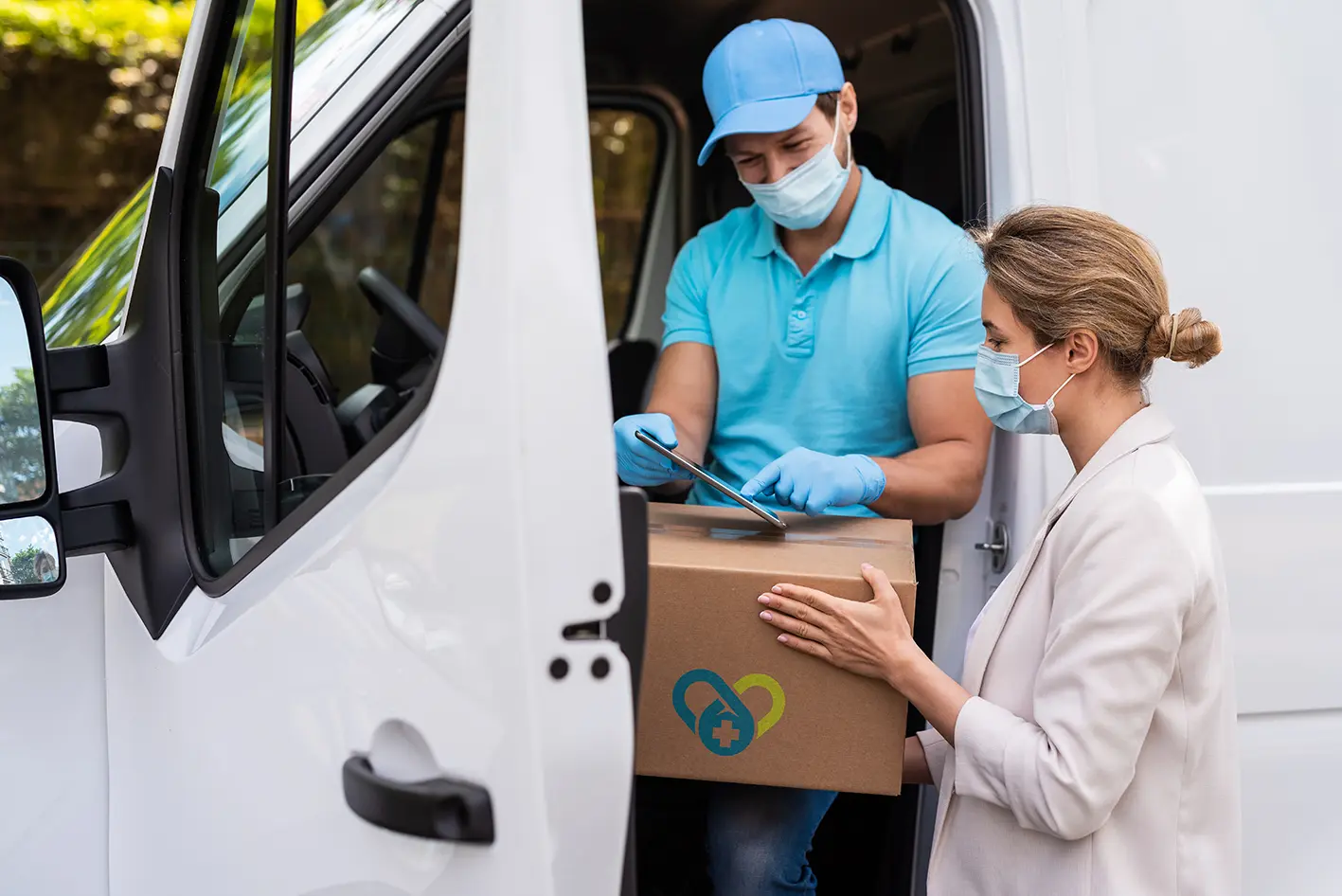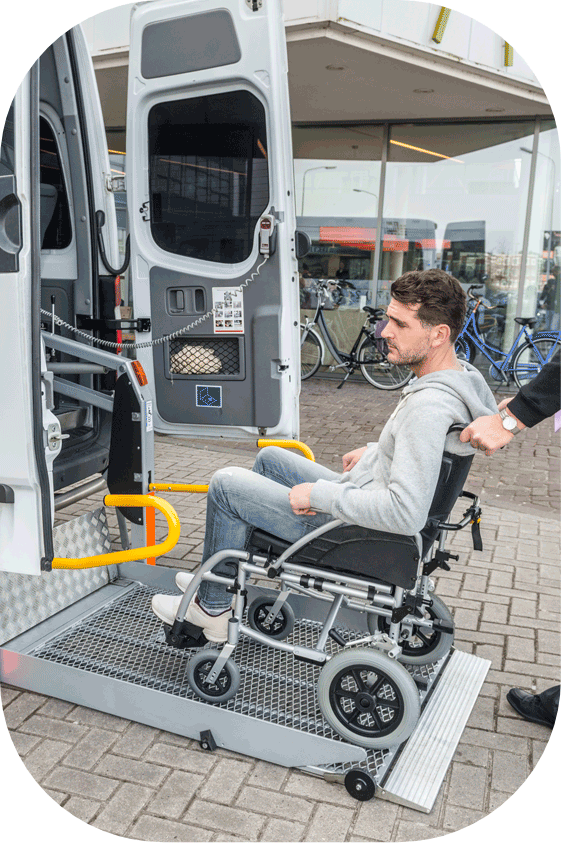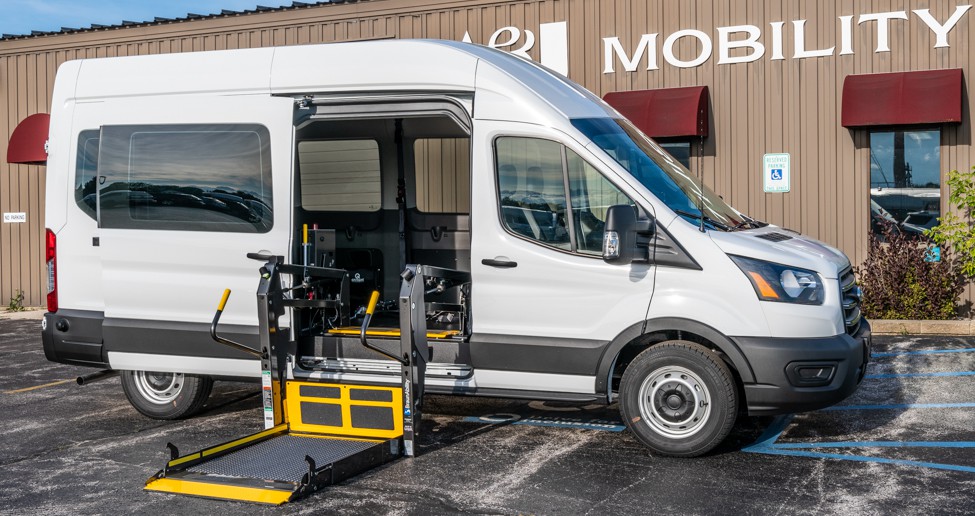Accessible Medical Transportation Providers: Putting Your Health First
Accessible Medical Transportation Providers: Putting Your Health First
Blog Article
Affordable and Accessible Medical Transport Options for each Circumstance
In the realm of medical care, the ability to gain access to medical services is paramount, yet the difficulty of economical and accessible transportation can often impede people from receiving required treatment. By discovering specialized medical transportation services, neighborhood transport programs, ride-sharing and taxi solutions, non-emergency clinical transportation, as well as public transit and paratransit choices, people can locate avenues that provide to their specific requirements and ensure they get the treatment they need.
Specialized Medical Transportation Provider
Specialized clinical transport solutions play a crucial role in ensuring safe and efficient transportation for individuals needing specialized treatment during transit. These services satisfy patients with one-of-a-kind medical needs, such as those needing consistent monitoring, specialized devices, or medical interventions throughout transportation. By using specifically equipped cars and qualified medical workers, specialized medical transport services guarantee that patients obtain the essential treatment while being delivered in between medical care facilities, houses, or various other places.
One key element of specialized clinical transportation services is the focus on client convenience and safety. Medical transportation groups are trained to take care of various medical problems and emergencies that might occur during transit, giving a higher level of care than typical transportation options. Furthermore, these solutions frequently provide door-to-door help, decreasing the tension and discomfort that clients may experience during transfers.
Neighborhood Transportation Programs
Having actually resolved the important function of specific clinical transport services in ensuring safe and reliable transportation for people with one-of-a-kind medical needs, the emphasis now changes to taking a look at Community Transport Programs - medical transportation. These programs play a crucial role in giving affordable and accessible transport services for the basic population, consisting of seniors, people with specials needs, and low-income families that may deal with difficulties in accessing traditional transportation alternatives
Neighborhood Transportation Programs include a series of solutions such as fixed-route buses, paratransit services, volunteer motorist programs, and ridesharing initiatives. These programs are commonly supported by city governments, charitable companies, or private companies to guarantee that people have trusted transport alternatives to get to clinical consultations, food store, social activities, and other important destinations.
Ride-Sharing and Taxi Services

Among the key benefits of ride-sharing and taxi solutions is their access. These solutions operate 24/7, enabling individuals to travel to clinical appointments, drug stores, site web or medical facilities any time of the day. Furthermore, ride-sharing and taxi services deal with people with flexibility difficulties by supplying wheelchair-accessible automobiles upon request.
Additionally, ride-sharing and taxi solutions can be especially helpful for people living in areas with minimal mass transit options. By connecting the gap between home and medical care facilities, these solutions play a crucial function in ensuring that every person has access to essential medical solutions.
Non-Emergency Medical Transport

Non-Emergency Medical Transport companies usually employ trained employees who are experienced in assisting people with read more varying clinical needs (medical transportation). These professionals make certain that individuals are safely moved to their destinations in a prompt manner, resolving any type of details demands or clinical equipment essential during the trip. By offering door-to-door solution, Non-Emergency Medical Transportation enhances the general accessibility of health care for people who might otherwise have a hard time to participate in essential medical visits. On the whole, these services contribute dramatically to improving health care results by facilitating the seamless transportation of individuals to non-urgent clinical centers.
Public Transportation and Paratransit Options
Public transportation and paratransit choices provide important transportation solutions for people with varying flexibility requirements, guaranteeing access to essential destinations such as clinical facilities and appointments. Public transportation systems, including buses, trains, and metros, supply an affordable and widely readily available mode of transport for individuals looking for to reach clinical visits. These solutions are especially advantageous for those that may not have accessibility to private automobiles or require help due to wheelchair challenges.
Paratransit services provide particularly to people with impairments that are unable to utilize traditional mass transit. These solutions offer door-to-door transport, suiting individuals with wheelchairs, pedestrians, or various other mobility aids. Paratransit lorries are equipped with functions such as mobility device ramps and securement systems to ensure the risk-free and comfortable transportation of travelers with differing flexibility needs.

Conclusion

Report this page